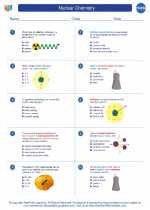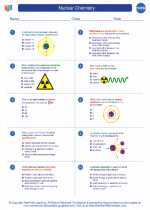Archaea
Archaea are a group of single-celled microorganisms that are prokaryotic, meaning they lack a cell nucleus and other membrane-bound organelles. They were initially thought to be a type of bacteria, but molecular studies have shown that they are a distinct group of organisms with unique genetic, biochemical, and physiological characteristics.
Characteristics of Archaea
- Cell Structure: Archaeal cells have a variety of shapes, including spheres, rods, and spirals. They are typically smaller than bacteria and have cell walls that lack peptidoglycan, a key component of bacterial cell walls. Instead, archaeal cell walls contain different types of molecules, such as pseudopeptidoglycan or protein-based S-layers.
- Metabolism: Archaea are known for their ability to thrive in extreme environments, such as hot springs, salt lakes, and deep-sea hydrothermal vents. They can be classified into three main metabolic groups: methanogens (produce methane as a byproduct of their metabolism), halophiles (thrive in high-salt environments), and thermophiles (thrive in high-temperature environments).
- Genetic and Biochemical Features: Archaeal DNA replication, transcription, and translation processes exhibit similarities to those of both bacteria and eukaryotes. Additionally, their cell membranes contain unique lipids called isoprenoids, which differ from the fatty acids found in bacterial and eukaryotic cell membranes.
Importance of Archaea
Archaea play crucial roles in various ecological processes, such as nutrient cycling and the degradation of organic matter in extreme environments. Methanogenic archaea are also involved in the production of methane gas in anaerobic environments, which has implications for global climate change.
Study Guide
- Describe the cell structure of archaea and compare it to that of bacteria.
- Explain the metabolic diversity of archaea and give examples of extreme environments where they thrive.
- Discuss the genetic and biochemical features that distinguish archaea from bacteria and eukaryotes.
- Explain the ecological importance of archaea and their potential impact on global processes.
Understanding the unique characteristics and ecological significance of archaea is essential for gaining insights into the diversity of life on Earth and the potential applications of archaeal organisms in biotechnology and environmental science.
.◂Chemistry Worksheets and Study Guides High School. Nuclear Chemistry

 Worksheet/Answer key
Worksheet/Answer key
 Worksheet/Answer key
Worksheet/Answer key
